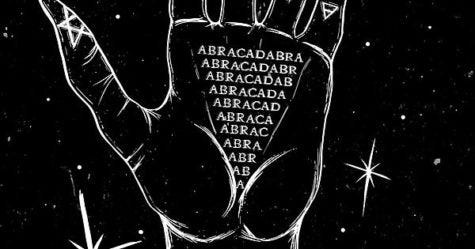Member-only story
Abracadabra
The Famous Word of Power

In the modern world, the rather arcane but somewhat popular word “abracadabra” is used a lot in the entertainment industry by stage magicians and screenwriters, but it actually comes from a long line of serious mystics dating back to the ancient Middle East. Abracadabra is an old incantation, and the spell can be spoken, written, sung, or chanted. It has been used this way by magi for millennia.
There are several folk etymologies associated with the term. For instance, the Phoenician phrase “abra kadibra”, meaning “it will be made like it is said”. Similarly, Aramaic “avra kedabra” translates to “I create like the word”. Of course, it could also be from the Aramaic “abhadda kedabhra” meaning “disappear like this word,” thus making it a banishment spell exclusively. In that instance, as the word diminishes and finally disappears, so would any malevolent energy.
Then again, there are words in Latin and Greek such as abraxas (ΑΒΡΑΞΑΣ), a word of mystic meaning in the system of the Gnostic Basilides. It originated with a Gnostic sect in Alexandria called the Basilidians and was probably based on Abrasax, or Abraxas in Latin, which was the name of their Supreme Being. This came into English via French and Latin from a Greek word “abrasadabra”, and the change from “s” to “c” seems to have been through transliteration of the Greek.
The first known mention of the incantation was in the 2nd century in a book called Liber Medicinalis written by the Roman Serenus Sammonicus. The ritual in mention is from a strange medical treatise of around 1,200 dactylic hexameters. The reference is in chapter 51 wherein malaria sufferers are advised to wear an amulet containing the word written in the form of a triangle, as such:

In the Middle Ages, many people believed wearing parchment amulets with the word “abracadabra” written in the form of an upside-down pyramid would cure a variety of ailments. It would also protect the wearer from bad luck. The word was written eleven times, dropping one letter each time. The idea was that as the word vanished, so would the illness, such as a fever. This spell enjoyed wide use…
